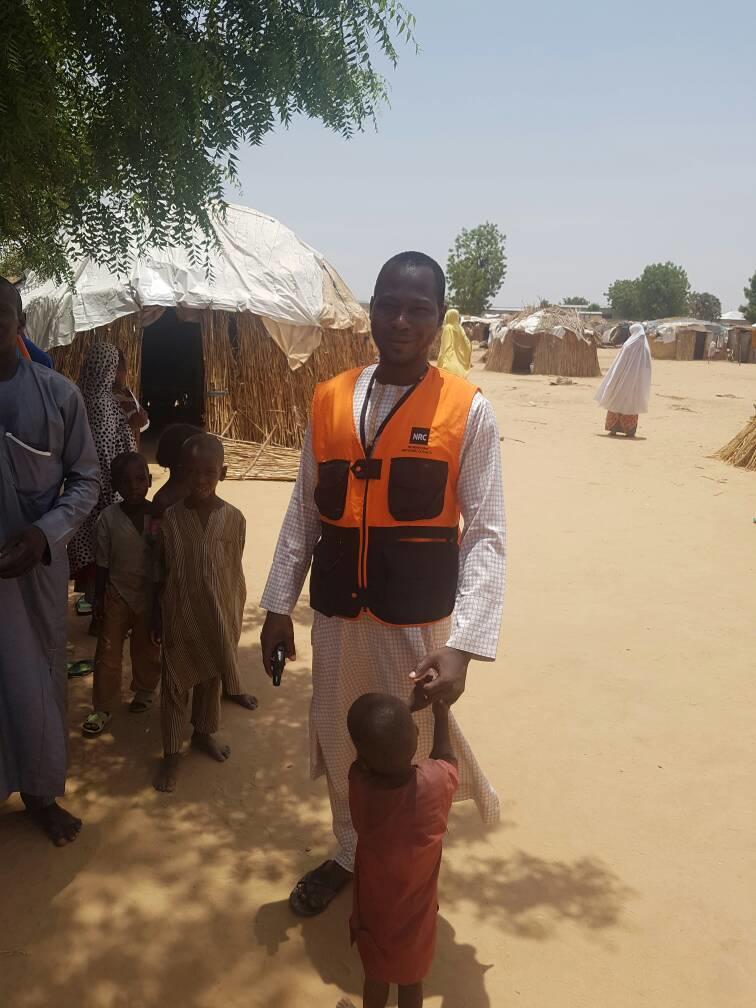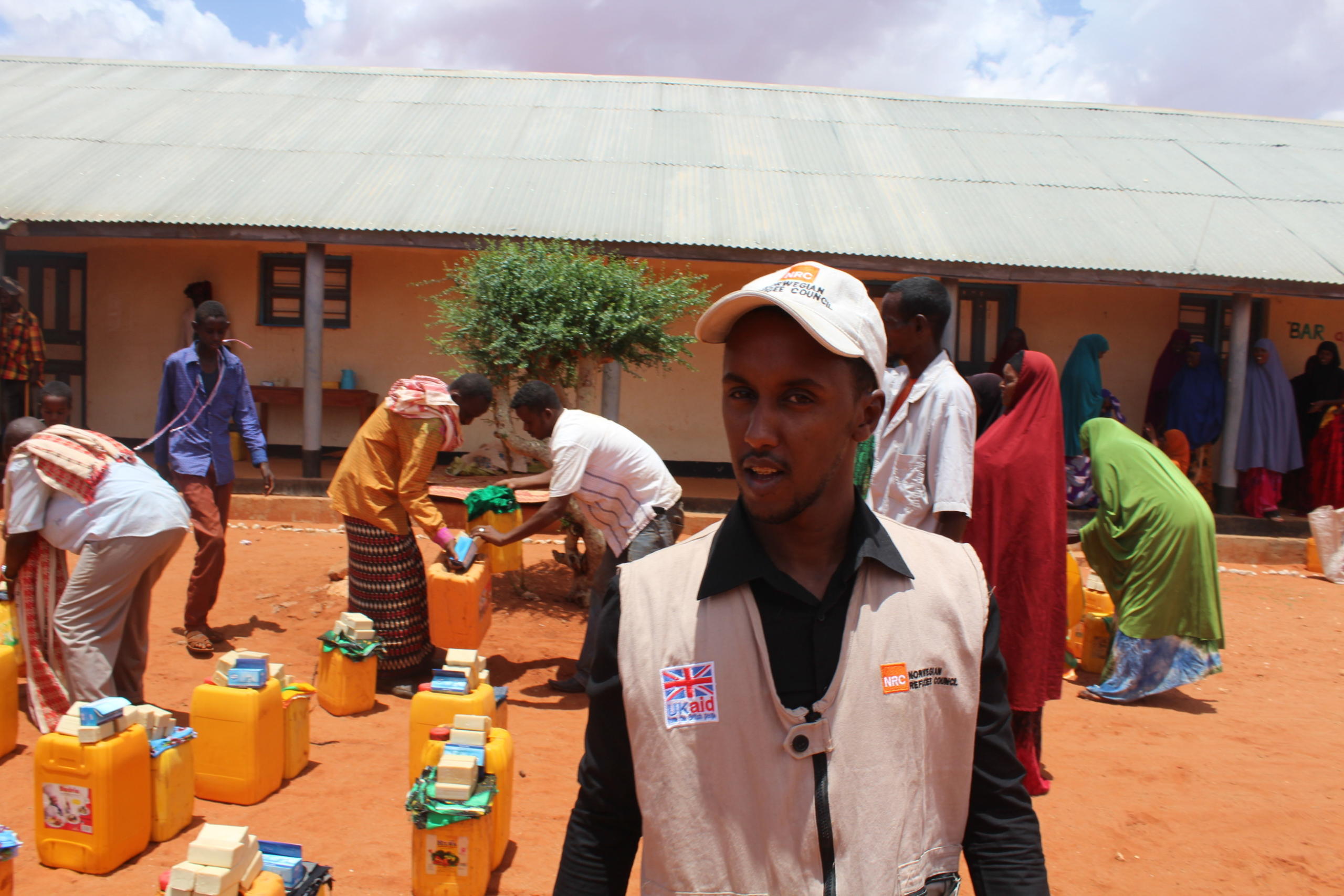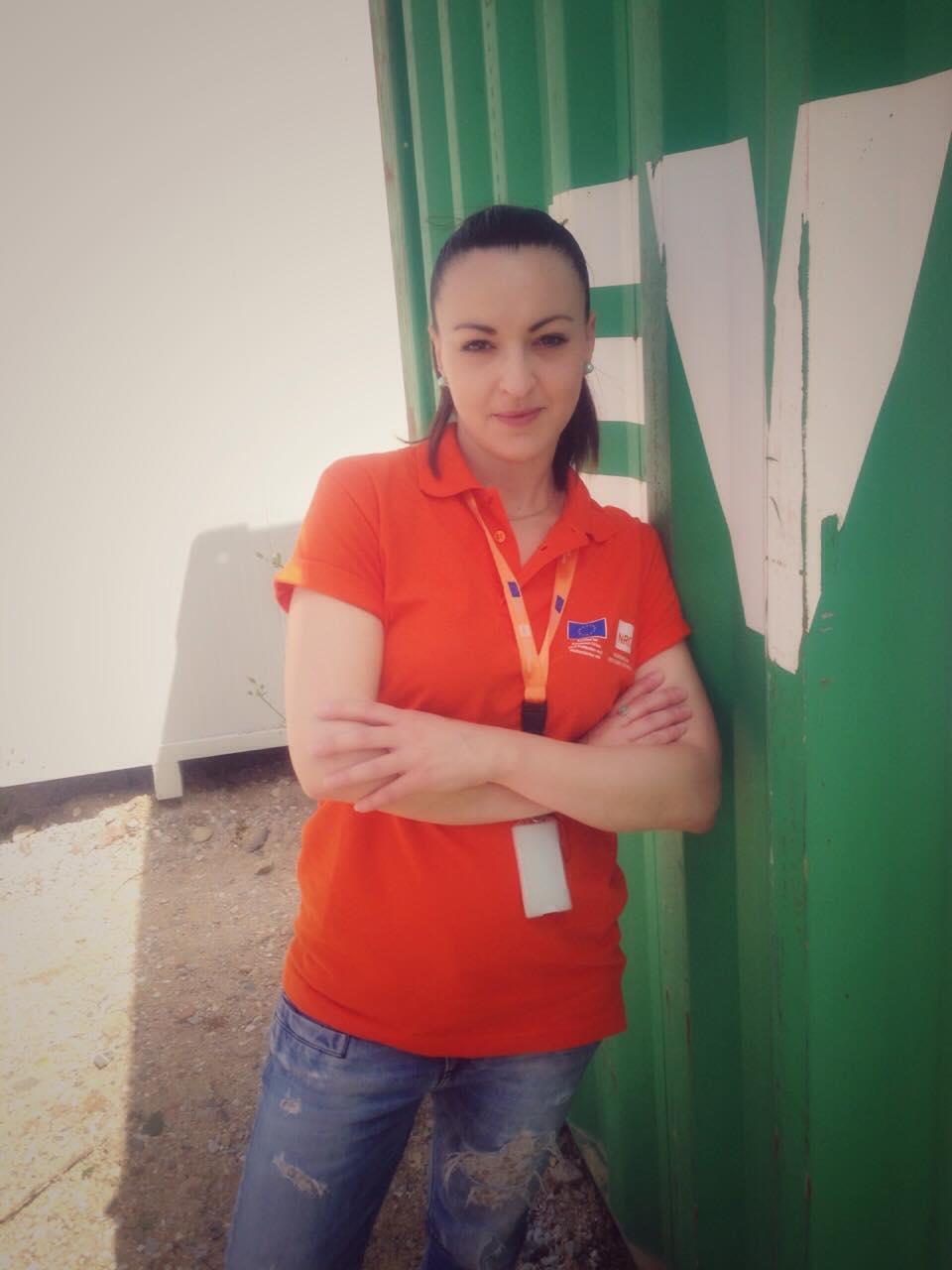
Today NRC employees can choose from 300 courses. “The fact that it is accessible 24/7 by anyone, wherever they are and the certificates it issues are a bonus adding to its great value,” says Georgia Arimi, NRC team leader in Thessaloniki, Greece.
Through this partnership, the NRC adopted the Kaya online learning platform and made it available to their global network of 6,000 staff.
The Academy created an NRC branded Kaya ’portal’ and training was provided for the NRC to manage and curate learning opportunities themselves, giving them full control over the learning journeys of their staff.
“I would definitely recommend the Kaya platform to all my colleagues because I strongly believe that Kaya training enrich the skillset of the user, broaden our horizons, exemplify processes and lead to the understanding of complex issues in an orderly fashion,” Arimi says.
The NRC employee in Greece has a strong academic background with BA in Architecture and M.La in Landscape Architecture. Despite this, she has taken a range of courses on the Kaya platform. “I have successfully completed more than 60 kaya training mainly on management and on sphere standards, hoping that this effort will improve my knowledge in the humanitarian sector especially in Shelter and WASH departments since I would love to continue the career that I have started as a humanitarian worker in more challenging environments,” she says.
NRC has developed three online learning programmes alongside the existing catalogue of over 300 courses that already exist on the portal, including an NRC Induction package.
Today the NRC’s Jordan Country Office has begun utilising Kaya to support their localised learning needs through a leadership development programme. The programme uses a blended approach that combines face-to-face workshops with distant learning, line management support and engagement and peer-to-peer support. The programme covers topics including leadership skills, communication and having courageous conversations with staff. Kaya was used for the distant learning elements of the programme.
The key advantage gained by NRC by using Kaya for the Leadership programme is the ability to deliver training to large numbers of staff at the same time, whilst reducing the impact of this training on operations. Kaya’s global library of e-learning courses is another advantage for learners, being able to access them without leaving their internal system.
“Kaya training helped me develop a passion for operations, great leadership skills and strong stakeholder management abilities proven by successful completion of all projects under my responsibility. Moreover, it has given me knowledge and perspective in humanitarian situations and an understanding of the importance of developing sustainable solutions,” says Arimi.
We asked NRC staff about their experiences:

"My choice of working in a displacement organization was driven by my passion and love for the service of Humanity," says Jabani Jasini Mamza, Technical Assistant for NRC's information, counselling and legal assistance programme (ICLA) in Maiduguri, Nigeria.
Why did you choose to spend time on these trainings?
I hate to waste time and that is why whenever I am a bit free, I usually spend my time on Kaya because I like making my free time resourceful.
What do you hope to achieve by taking these courses?
To build my capacity for more challenging opportunities.
For colleagues that have yet not tried Kaya, what is your advice?
Kaya has lots of educative and motivating courses, just find time and give it a try, you will definitely find it interesting.
What is your dream in terms of where these courses will bring you in future?
I hope to one day create my own course or contribute to the creation of some courses on Kaya.

Hamse Muse Ali, water, sanitation and hygiene promotion (WASH) project assistant, in Somaliland, Somalia.
Why do you like Kaya?
Some of the trainings are directly related to my field of work and daily tasks like Public health, WASH and health and safety, while others increase my knowledge and skills on the humanitarian aid context, such as conflict resolution, fraud prevention and risk management.
I believe that by taking the courses boosted my knowledge and helped me a align well in my position and in humanitarian context. For instance, in Somalia we normally work in hostile environment whereby disruption of activities is very common, thus you should know how to handle stress under certain circumstances and resolve conflict among the beneficiaries we serve.

Georgia Arimi, shelter/WASH team leader in Thessaloniki, Greece.
Why do you use Kaya?
Kaya trainings helped me develop a passion for operations, great leadership skills and strong stakeholder management abilities proven by successful completion of all projects under my responsibility.
Moreover, it has given me knowledge and perspective in humanitarian situations and an understanding of the importance of developing sustainable solutions.
How many courses have you taken?
On my personal time, I have successfully completed more than 60 kaya trainings mainly on management and on sphere standards, hoping that this effort will improve my knowledge in the humanitarian sector especially in Shelter/WASH departments since I would love to continue the career that I have started as a humanitarian worker in more challenging environments.
I would definitely recommend the Kaya platform to all my colleagues, because I strongly believe that Kaya trainings enrich the skillset of the user, broaden her/his horizons, exemplify processes and lead to the understanding of complex issues in an orderly fashion.
Finally, the fact that it is accessible 24/7 by anyone, wherever they are and the certificates it issues are a bonus adding to its great value. Thank you for the opportunity to learn.
- Induction courses for new staff
- Self-awareness courses such as handling stress, improving your memory and planning your time
- Courses related to our areas of expertise
- Prevention of sexual exploitation and abuse
- Preventing corruption in humanitarian aid
- Courses on risk management, conflict resolution, personal safety
- And much more.

